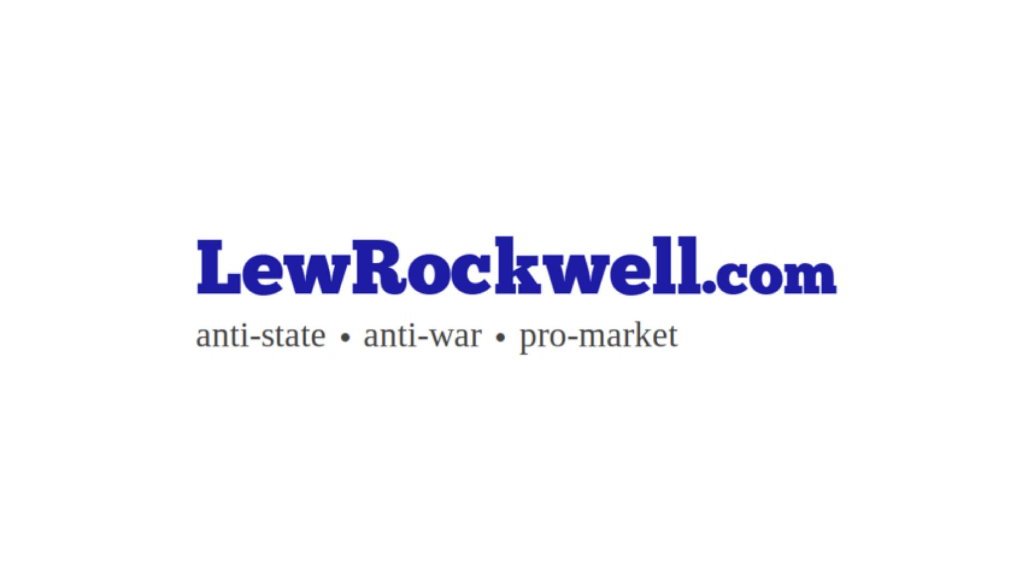Why Do People Say They Leave the Faith?
We’ve all seen the headlines about America becoming a majority non-Christian country someday. Though we are encouraged by recent waves of conversion, we all know people who have lost their faith. We read that “while most Catholics have remained within the religious fold, a significant number have left the Catholic faith: 15 percent of the U.S. population says they were raised Catholic but no longer identify as such.” Professor Ryan Burge notes that Catholics have the worst “retention gap,” compared to other faith groups in America, among Gen Z: “For people born in 2000, 45% of them were raised Catholic. But only 28% still identify as Catholic.”
Understanding the reasons people give may help us to save souls. The stated reason for falling away may not be the real one, but something can still be drawn from the offered answers. Looking at multiple surveys from different sources at different times and in different countries can give us insight into the loss of faith or decline in Mass attendance—because the same issues keep coming up.
As a threshold matter, we need to understand what we are losing Catholics to. Our people are turning to nothing—becoming “nones.” It is not Islam or Protestantism (except maybe in parts of Latin America) that is poaching the faithful. In surveying teens 20 years ago, Professor Christian Smith found that among the third that lost their faith: “There were small losses to Protestantism and other religions but the biggest loss was the 20% that went to nonreligious. More than twice as many were sucked into nonreligious than into Protestantism.” Smith conducted the National Study of Youth and Religion, surveying thousands of teens and following up with them, noting that respondents often gave “quite vague rea
Article from LewRockwell

LewRockwell.com is a libertarian website that publishes articles, essays, and blog posts advocating for minimal government, free markets, and individual liberty. The site was founded by Lew Rockwell, an American libertarian political commentator, activist, and former congressional staffer. The website often features content that is critical of mainstream politics, state intervention, and foreign policy, among other topics. It is a platform frequently used to disseminate Austrian economics, a school of economic thought that is popular among some libertarians.



